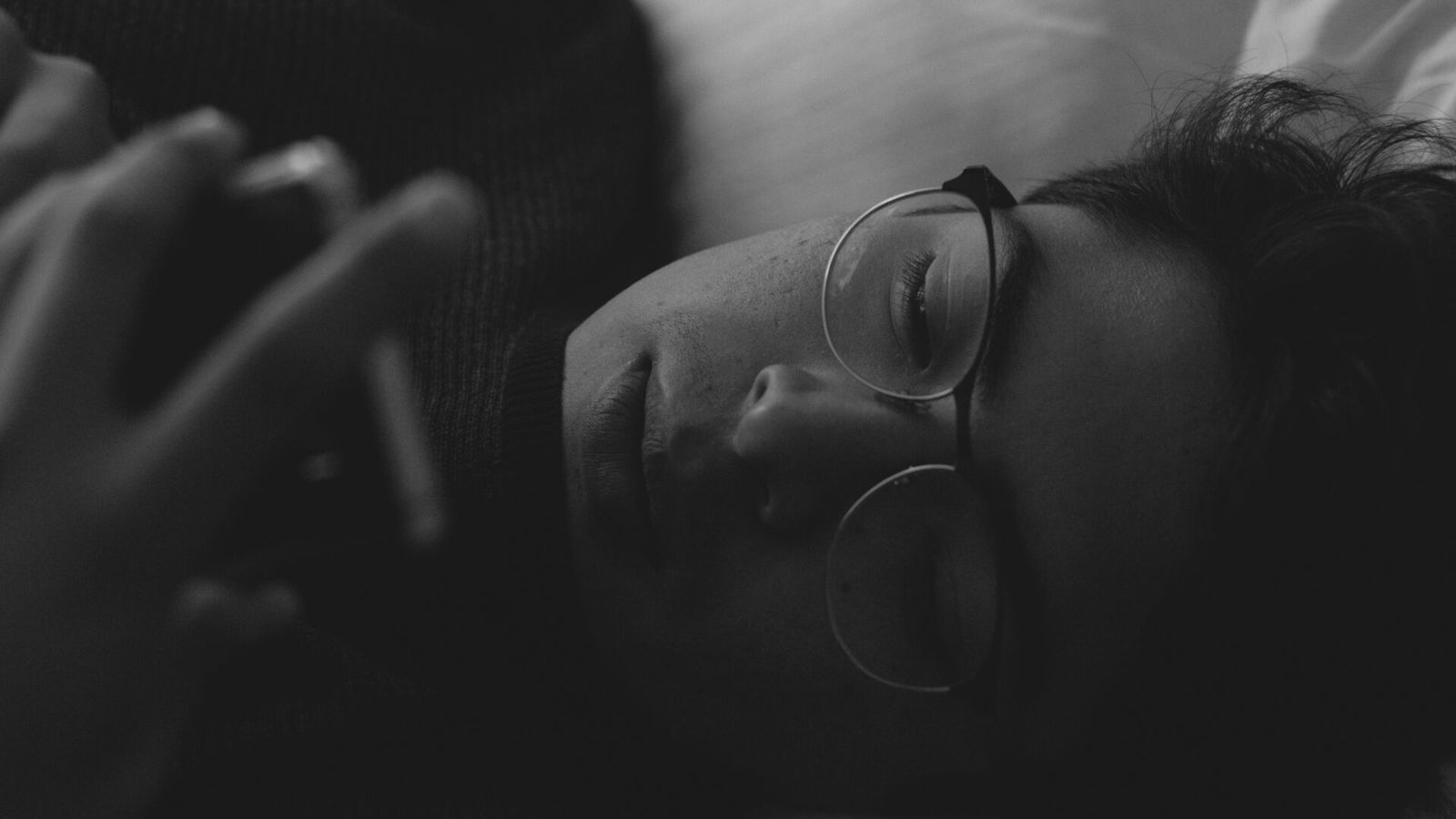
By Kayla DeKraker
We all know that screen time before bed isn’t good, but did you know that what you’re doing on your phone before you sleep has a big impact on your sleep quality?
Social media scrolling before bed is worse than other nighttime screen uses, a study conducted on 830 people between the ages of 18-30 found.
The study revealed that those who used social media before bed “reported some degree of insomnia symptoms, with 28.6% meeting the criteria for the absence of insomnia, 41.3% for sub-threshold insomnia, 24.2% for moderate insomnia, and 5.9% for severe insomnia.”
https://www.instagram.com/p/DIcFwrfBNRb/
Related: Americans Use These Tools to Limit Their Screen Time
Brian N. Chin, the study’s author, explained a few different reasons why social media in particular hinders quality sleep. First is what he calls “presleep arousal.” He explained that scrolling on social media reels “keeps your brain in a state of heightened alertness, making it harder to relax and fall asleep.” This stimulates a “trigger increased cognitive and physiological arousal.”
Social media also drives “social comparison.” When we look at the lives of others online and compare it to our own, it can cause unsettling feelings of stress, making it harder to fall asleep.
“Habitual checking” can also hinder rest. “Checking notifications and scrolling before bed can quickly become an automatic habit,” Chin said, which causes “people delay sleep despite knowing it would be better for their health and well-being.”
Finally, the “fear of missing out” can keep us awake. This is the feeling people have that by not checking social media, they will miss out on important news or updates. Chin explained, “The anticipation of new messages, posts or updates can create a sense of social pressure to stay online and reinforce the habit of delaying sleep.”
The study concludes that “these findings emphasize that excessive social media use may interfere with the development of healthy sleep patterns during young adulthood.”
So what are some ways to prepare your body for rest away from social media?
Chin recommends stopping social media use 30-60 minutes before bedtime. He also noted that setting your phone on “Do not disturb” could be helpful. If you catch yourself scrolling, you can always stop yourself before scrolling further.
Chin’s study isn’t the only one to find a link between social media and insomnia. Another study out of Saudi Arabia found a similar link and how it also poorly affects mental health.
This study reads, “The latest ‘cross-sectional’ research involving 1,791 pupils from three educational institutions in Qazvin, Iran, investigated the relationship between problematic social media use, mental distress associated with morningness/eveningness, and daytime sleepiness, and their potential mediating effects on participants’ sleep quality and insomnia.”
The results found that “problematic social media use” causes “sadness, daytime drowsiness, and anxiety. Moreover, the mediational effects of insomnia and sleeping quality were noted.”
Studies like these are a sobering reminder to put boundaries around social media and screen time use. What may seem like harmless doom scrolling may be damaging you in more ways than you think.
Read Next: Excessive Screen Time Linked to Lower Cognitive Function, Study Finds
Questions or comments? Please write to us here.


 - Content:
- Content: 

